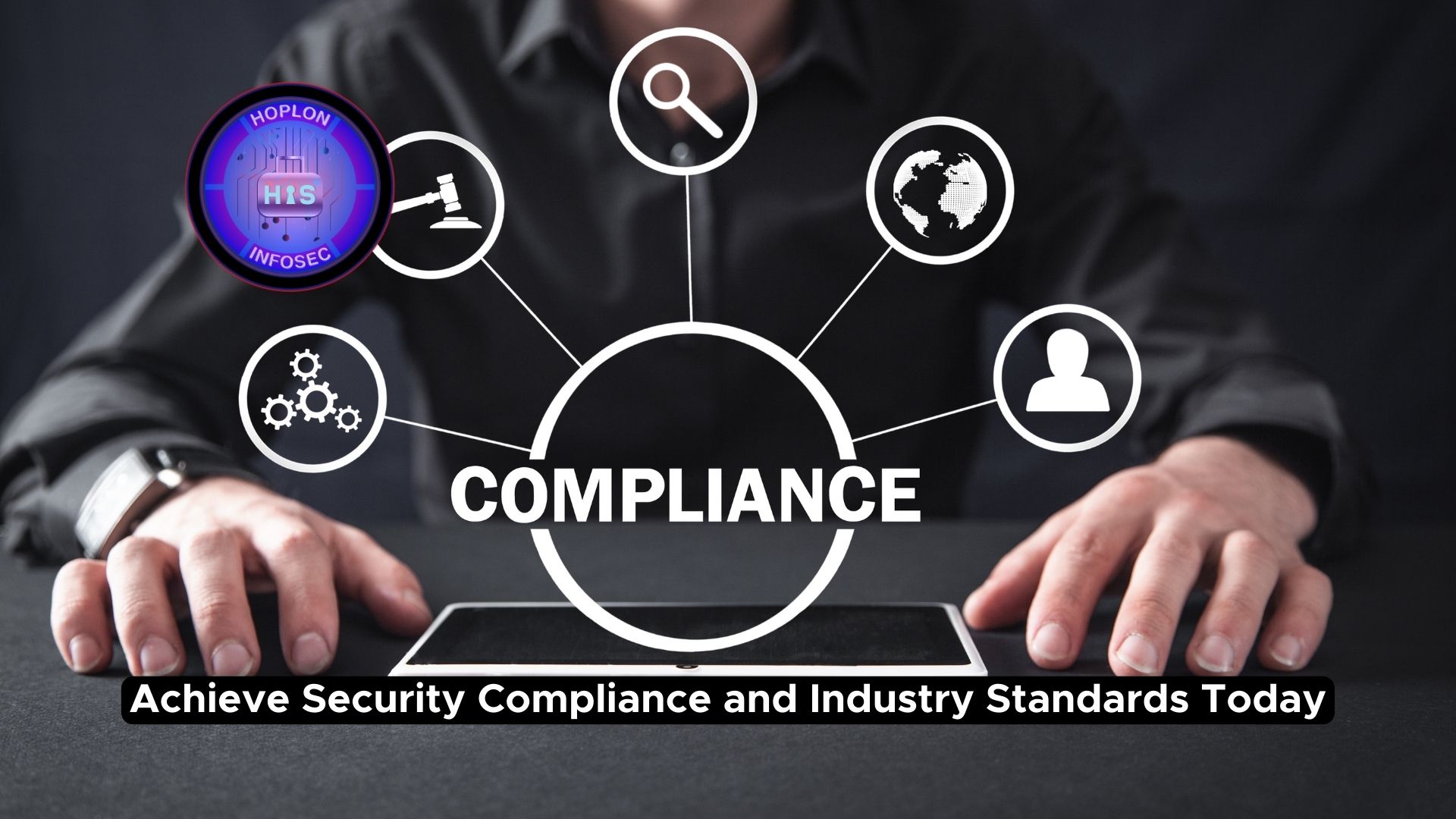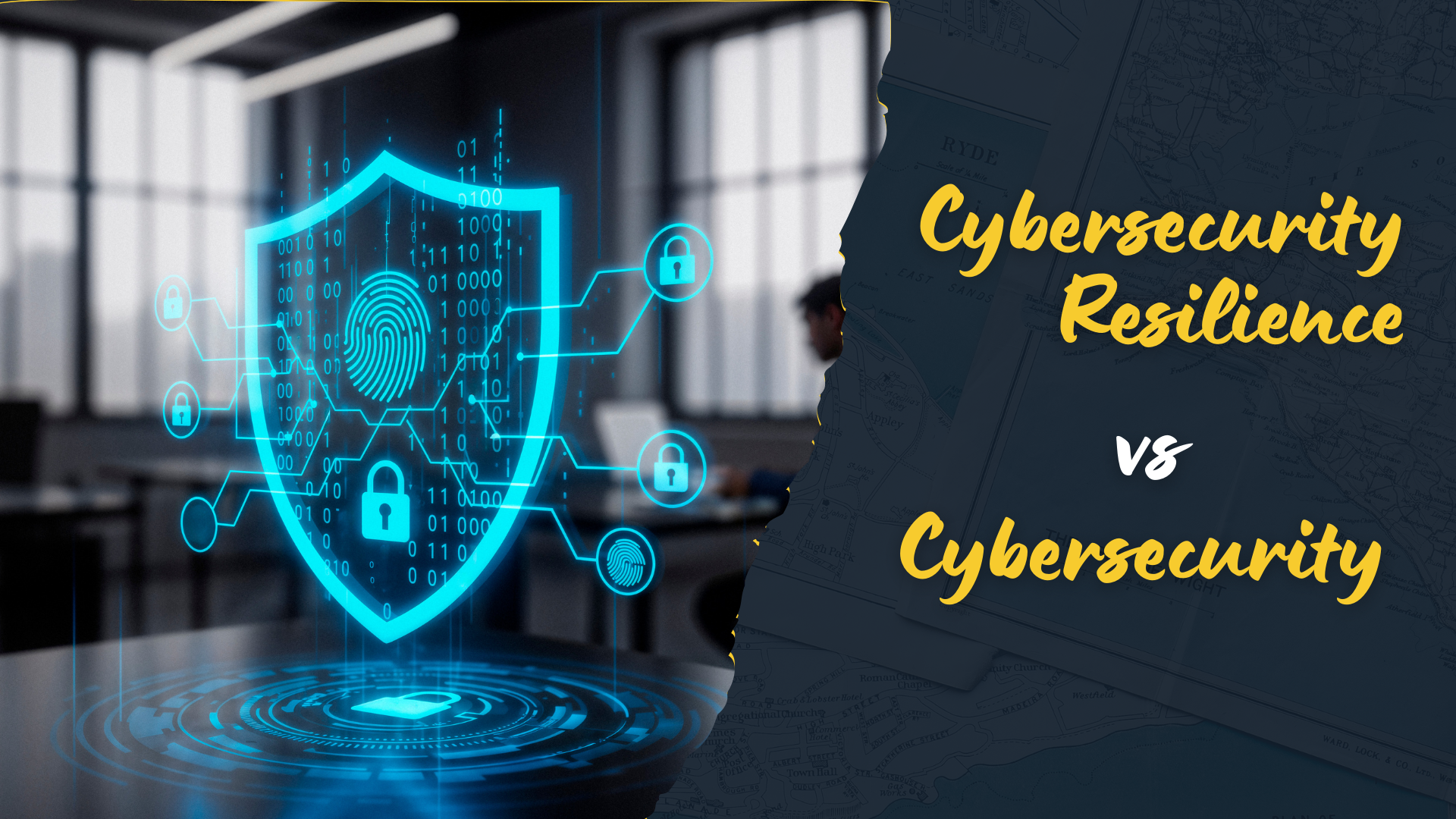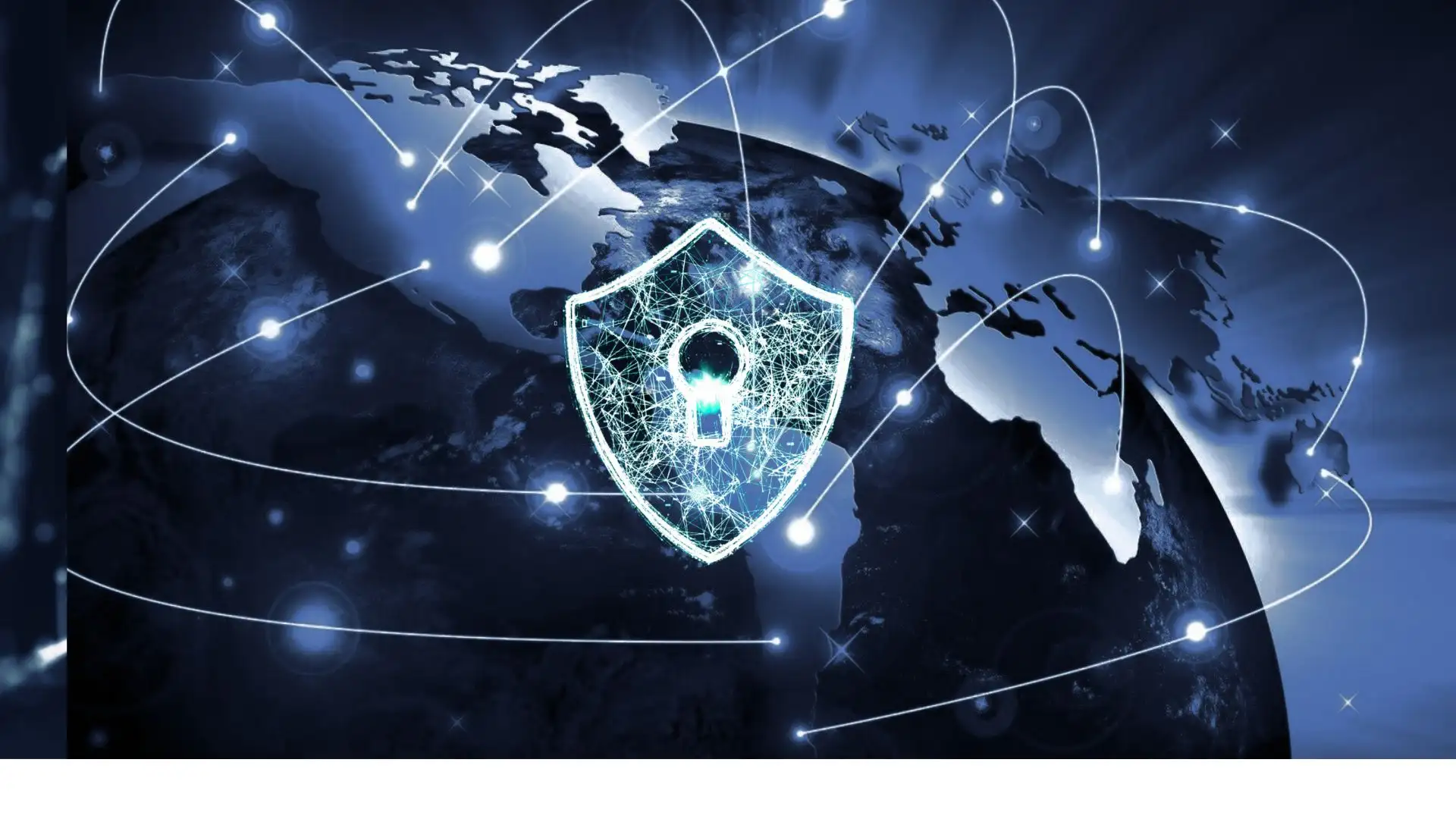In the modern digital age, cybersecurity is more critical than ever. Businesses across every industry face increasing pressure to protect sensitive data and ensure their operations comply with stringent regulations. However, achieving and maintaining security compliance is a complex task. It requires a comprehensive approach encompassing technology, people, and processes.
In this article, we’ll explore the importance of security compliance, the regulations you need to be aware of, and how our expert Team can help you navigate the complex world of compliance.
What is Security Compliance?
Security compliance refers to adhering to industry standards and legal requirements that govern the protection of sensitive data and systems. These regulations vary depending on your industry, geographic location, and the type of data you handle. Failure to comply with these standards can result in severe penalties, including fines, legal action, and loss of customer trust.
Security compliance ensures that your organization’s data handling, storage, and processing meet legal, regulatory, and security standards. It’s about ensuring that every aspect of your IT infrastructure, processes, and Employee training meets the necessary criteria to protect your business and clients from cyber threats.
Why is Security Compliance Important?
Protects Sensitive Data
Businesses store a vast amount of sensitive data, including customer information, financial records, intellectual property, and health data. Security compliance standards are designed to protect this data from breaches, theft, and unauthorized access.
Avoids Financial Penalties
Non-compliance with security regulations can result in significant financial penalties. For example, failure to comply with the General Data Protection Regulation (GDPR) can lead to fines of up to 4% of annual global turnover, or €20 million (whichever is greater). These fines can severely damage your business, both financially and reputationally.
Maintains Customer Trust
Compliance demonstrates to your customers that you take their privacy and security seriously. When customers trust their data is secure, they are likelier to do business with you. On the flip side, a failure to comply with security regulations can damage your reputation and lead to a loss of customers.
Improves Security Posture
Implementing security compliance standards forces businesses to adopt strong security measures, reducing the risk of cyberattacks. Compliance frameworks such as ISO 27001, SOC 2, and PCI DSS require businesses to undergo rigorous security assessments and audits, ensuring that security best practices are followed.
Key Security Compliance Regulations Your Business Needs to Know
General Data Protection Regulation (GDPR)
The GDPR is one of the most comprehensive data protection regulations, especially for businesses operating in the European Union or handling the data of EU citizens. It mandates strict controls over how personal data is collected, stored, and processed and imposes heavy fines for non-compliance.
Health Insurance Portability and Accountability Act (HIPAA)
For businesses in the healthcare sector, HIPAA sets forth guidelines to ensure the confidentiality and security of health information. Non-compliance can result in heavy fines and reputational damage.
Payment Card Industry Data Security Standard (PCI DSS)
Companies handling credit card transactions must comply with PCI DSS, a set of standards to secure cardholder data. Businesses failing to meet PCI DSS requirements may face fines, legal penalties, and the inability to process credit card payments.
Sarbanes-Oxley Act (SOX)
SOX focuses on the financial practices and reporting of publicly traded companies, requiring them to implement strict internal controls over financial data and disclose any security breaches that may affect the integrity of financial reporting.
Federal Information Security Modernization Act (FISMA)
FISMA mandates that federal agencies and contractors meet specific security standards to protect government data. Businesses working with the U.S. federal government must comply with these regulations.
Achieving Compliance: The Holistic Approach
Achieving security compliance is not a one-time effort; it’s an ongoing process involving coordinating people, processes, and technology.
People
Compliance starts with educating your employees about data protection best practices, privacy policies, and security protocols. A well-trained workforce is one of your first lines of defense against cyber threats.
Processes
It would help if you implemented policies addressing how data is collected, stored, processed, and shared. Regular audits, vulnerability assessments, and incident response plans are crucial to maintaining compliance.
Technology
Technology plays a vital role in achieving and maintaining compliance. From firewalls and encryption tools to access control systems and secure data storage, businesses must implement technology solutions that meet the requirements of the relevant regulations.
How We Can Help Your Business Achieve Security Compliance
At [Your Company Name], we understand that compliance is not a one-size-fits-all approach. Every organization has unique needs and security goals. Our Team of experts works with you to tailor compliance solutions that meet your specific requirements, helping you easily navigate complex regulations.
Whether you need assistance with a specific framework, such as GDPR or PCI DSS, or require a comprehensive security compliance approach, we’re here to help. We’ll work with you to implement the right policies, procedures, and technologies to ensure your business stays compliant and protected.
Conclusion
Achieving security compliance is an ongoing process that involves a combination of people, processes, and technology. It’s about understanding the regulations that apply to your business, implementing the proper measures to meet those standards, and staying vigilant against evolving threats. With the right approach, you can ensure that your business remains compliant and secure, safeguarding your data and protecting your reputation.
Contact us today to discuss how we can help you achieve security compliance and protect your business.




